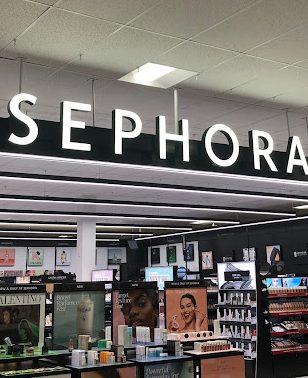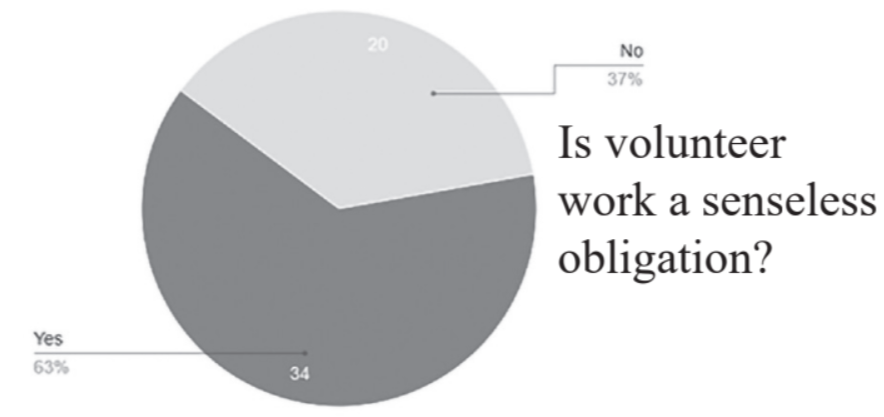
Everyone has seen it: videos all over social media showing young girls rifling through expensive makeup and skincare products, little girls broadcasting to TikTok how to get rid of eyebags and achieve perfectly smooth skin. All things they need, right?
The children aim for reasonably priced products, like the $90 Drunk Elephant Night Serum or the equally affordable $150 Soft Fluid Long Wear Foundation, all of which are perfectly normal and acceptable to buy for a child.
In addition to buying these much-needed products (how else will they get rid of their many wrinkles?), the children, dubbed by social media users as “Sephora kids,” have been seen keeping the tester makeup products in pristine condition. Bitten-off lipstick, spilled foundation and crumbled eyeshadow palettes are being showcased all over social media, showing the care taken to preserve the tester products.
Sure, social media has given these children a platform and makes people feel left out if they do not have the exact same products and routine as a person online, but that is irrelevant. The blame for this behavior should fall on the children, not social media.
Most people want to follow trends, to fit in and to feel a sense of unity and belonging, according to NU Sci Magazine.
Social media has made this more pronounced, as children are given more access to adult content. With unrestricted access to billions of people around the world’s thoughts, this of course has no negative impact.
If someone does not follow trends, they are the odd one out. Young kids are seeing this and mirroring this pattern and following along with what they see.
If everyone on social media has the new Soft Fluid Long Wear Foundation, a young kid who does not have it will feel left out. Never mind the fact that according to CNN, doctors are seeing a rise in worsening acne due to these products.
According to Forbes Health, teens are at the highest risk for fear of missing out (FOMO) and that someone who uses social media is more at risk to this fear than someone who does not use social media.
If someone online is doing something and getting immense amounts of praise and attention, it is definitely wrong to not be participating.
This left-out feeling joins together with tween anxiety and the inability to differentiate between positive and negative ideas surrounding body image.
Videos flood the TikTok and Instagram pages of everyone, kids or not, demonstrating how to get rid of those pesky smile lines earned from spending time with loved ones, how to achieve the perfect “legging legs” and how to have perfect skin.
Kids are not used to being exposed to such an array of positive ideas condemning smile lines and regular legs, and cannot differentiate between the real problems social media is pointing out with the proclamations of “everyone is beautiful.”
Children smothering their faces with destroyed makeup products and posting it for the world to see are not a problem, though. Of course, there will obviously not be any sort of repercussions of this influence of social media.






